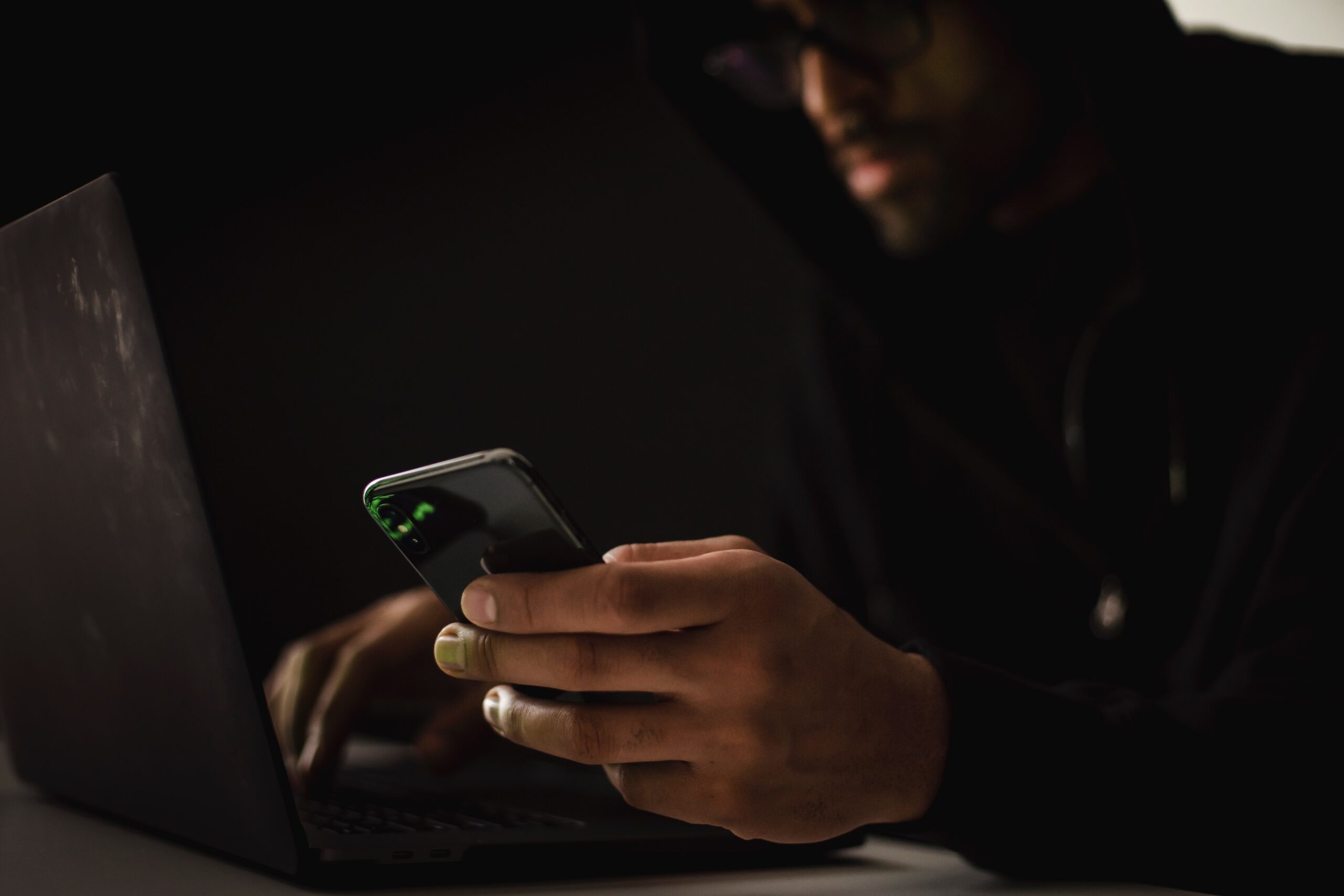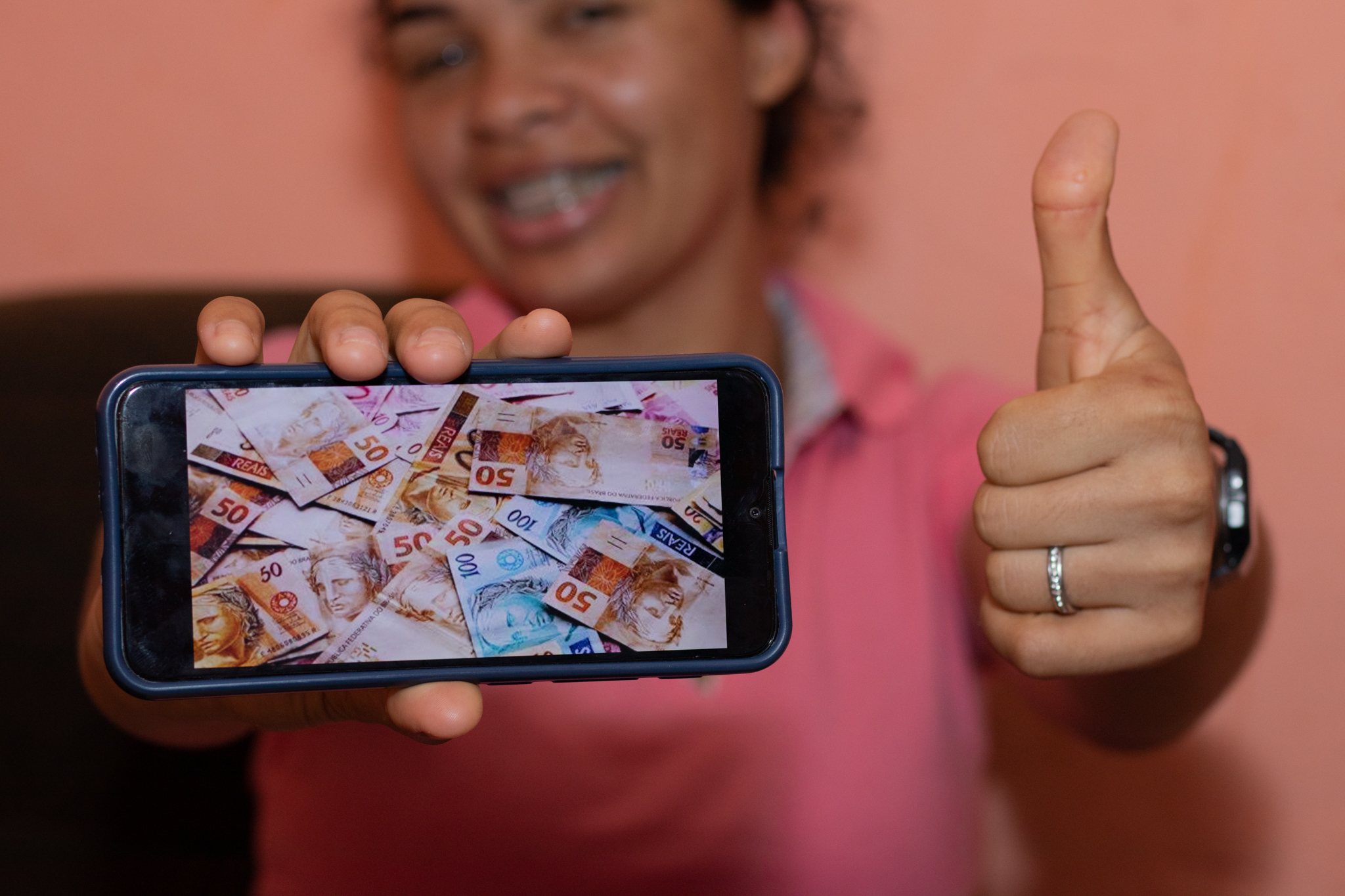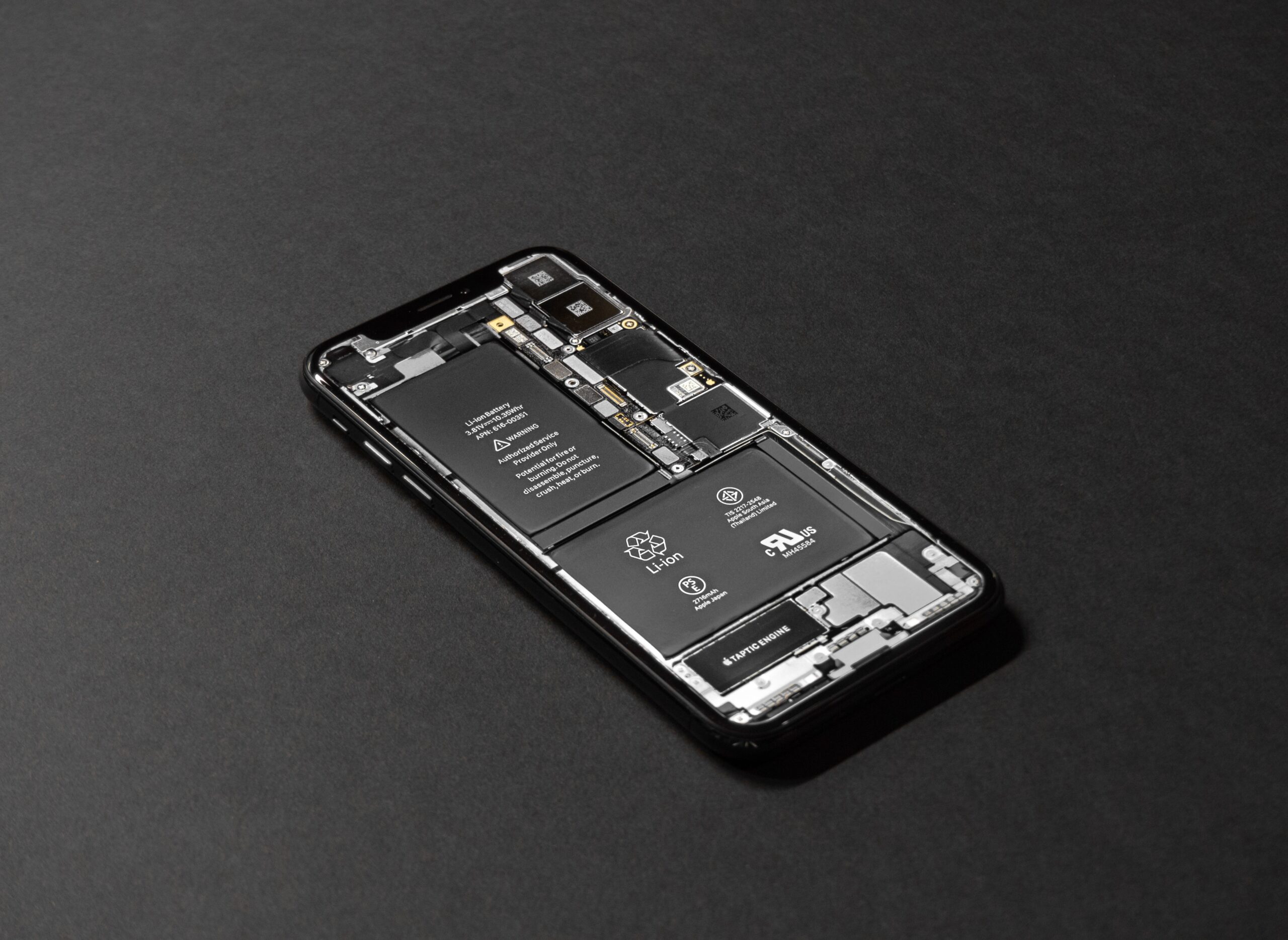Understand cell phone addiction better. The problem is affecting many people around the world.
While it’s not officially considered a mental disorder, smartphone addiction has a name: Nomophobia, which means fear of being without a device. Excessive screen time can have serious consequences for mental health and behavior, and these effects can be even worse for children and adolescents whose brains are still developing.
There is also a higher risk of developing mental illnesses such as depression and anxiety, as well as sleep disorders. So what can you do? Check out the tips for having a healthier relationship with your smartphone below.

How to better handle the device
Cell phones have become essential in today's society and are also communication tools that serve purposes such as emergency communication, location assistance and even entertainment.
The right way to deal with these devices is to consciously find a balance with your digital self. Excessive cell phone use can negatively affect your brain, behavior, and even sleep. This can increase your risk of developing mental illnesses, such as depression and anxiety.
However, smartphones play an important role in our modern society, as tools for communication and emergency support. Therefore, it is important to find a healthy balance in your cell phone use, being aware of when and how to use it. It is important to set limits, prioritize offline time and ensure that your cell phone is a useful tool and not a harmful distraction. Therefore, follow the tips below, these habits will help you reduce your addiction.
Set a period to use the device
The amount of time spent using a cell phone shows how dependent a person is on that device. Start by adjusting these breaks. Take advantage of your device’s native features to limit screen time and reduce addiction. Also, schedule a time to use each app, such as social media, to respond to emails or WhatsApp messages.
Eat without cell phone
Don’t use your cell phone during meals, as this can interfere with chewing and cause digestive problems. Studies from the Federal University of Lavras and the University Medical Center of Utrecht, in the Netherlands, show that people consume around 15% more calories when they are distracted by their phones. Therefore, “turning off” your cell phone during meals is another step towards establishing a healthy relationship with the device.
Leave your smartphone out of the bathroom
Prolonged cell phone use in the bathroom can cause problems like hemorrhoids from sitting on the toilet for too long. There’s also the issue of dirt. Even when cleaned daily, bathrooms are still a breeding ground for germs and bacteria, which can reside in microphones, headphones, and other device compartments, making users susceptible to diseases like diarrhea and diphtheria.
Quit the habit of sleeping with your phone
Stopping smartphone use before bed is a valuable tip for adopting healthier habits. The blue light emitted by screens interferes with the production of melatonin, the hormone responsible for sleep, making it difficult to fall asleep. In addition, notifications and calls can disrupt sleep, waking users up at night.
Avoiding cell phone use at least an hour before bed and engaging in relaxing activities can significantly improve your addiction. A good tip is to enable features like “Sleep Mode” on Android and “Sleep Focus” on iOS. On Android, simply go to the “Clock” app, select the “Set Sleep Schedule” option, and set your preferences. On iOS, users need to go to Settings, select “Focus,” and then select “Sleep.”



